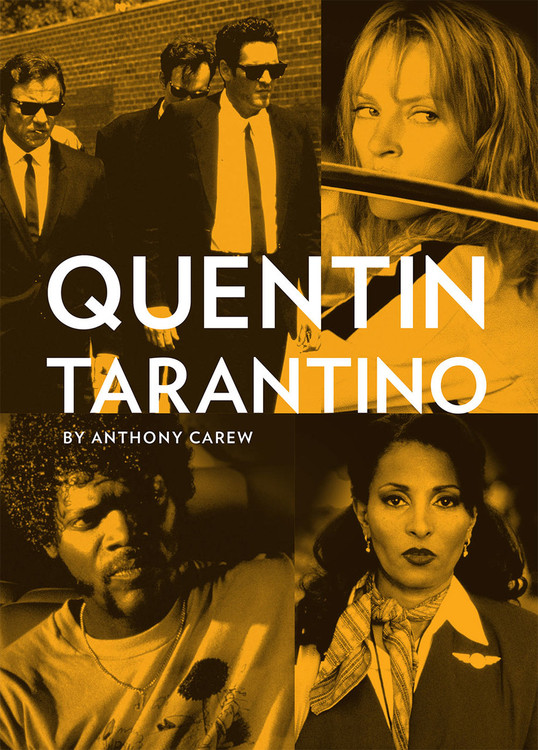Article sample:
After Tarantino quit Video Archives in 1989, he met Bob Kurtzman, who had written a few paragraphs of a vampire story. Kurtzman and the others comprising the film makeup company K&B Effects proposed that Tarantino take a crack at developing the potential horror film. According to Tarantino, “[They] had a treatment for a movie called From Dusk Till Dawn, and they hired me to write a script. They paid me $1,200 to write the script, and if the movie ever got made I'd get $10,000. That was the first time anyone had ever paid me to write. And I took it – I jumped at it – and I quit my office job to do this, and I vowed I would never have a day job again.”
In 1990, Tarantino met budding producer Lawrence Bender. Although unable or unwilling to commit to either True Romance or Natural Born Killers, Bender was intrigued by Tarantino's story proposal regarding a diamond robbery gone bad. Written in three weeks, Reservoir Dogs began as a possible story in the triptych that would become Pulp Fiction. With the new potential of a standalone feature, the film became its own entity. Bender, Tarantino, actor Steve Buscemi, and director Monte Hellman (who served as associate producer on Reservoir Dogs) attended the June 1991 Sundance Institute, after which a US$1.5 million budget was secured and filming was soon underway.
About Senses of Cinema:
Senses of Cinema is an online journal devoted to the serious and eclectic discussion of cinema. We believe cinema is an art that can take many forms, from the industrially-produced blockbuster to the hand-crafted experimental work; we also aim to encourage awareness of the histories of such diverse forms. As an Australian-based journal, we have a special commitment to the regular, wide-ranging analysis and critique of Australian cinema, past and present. Senses of Cinema is primarily concerned with ideas about particular films or bodies of work, but also with the regimes (ideological, economic and so forth) under which films are produced and viewed, and with the more abstract theoretical and philosophical issues raised by film study.
There are no reviews yet.
Leave a Review
 Quick Shop
Quick Shop